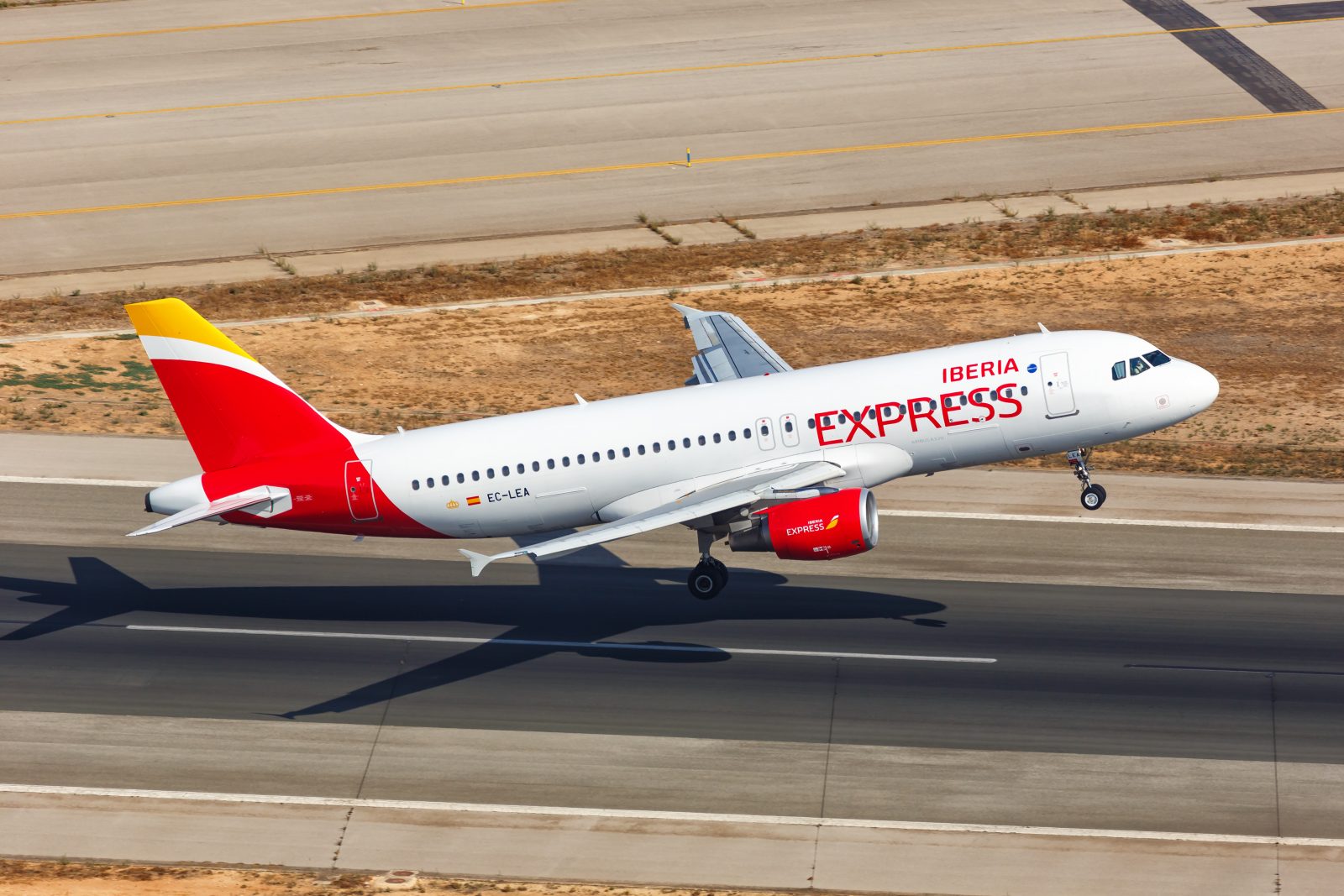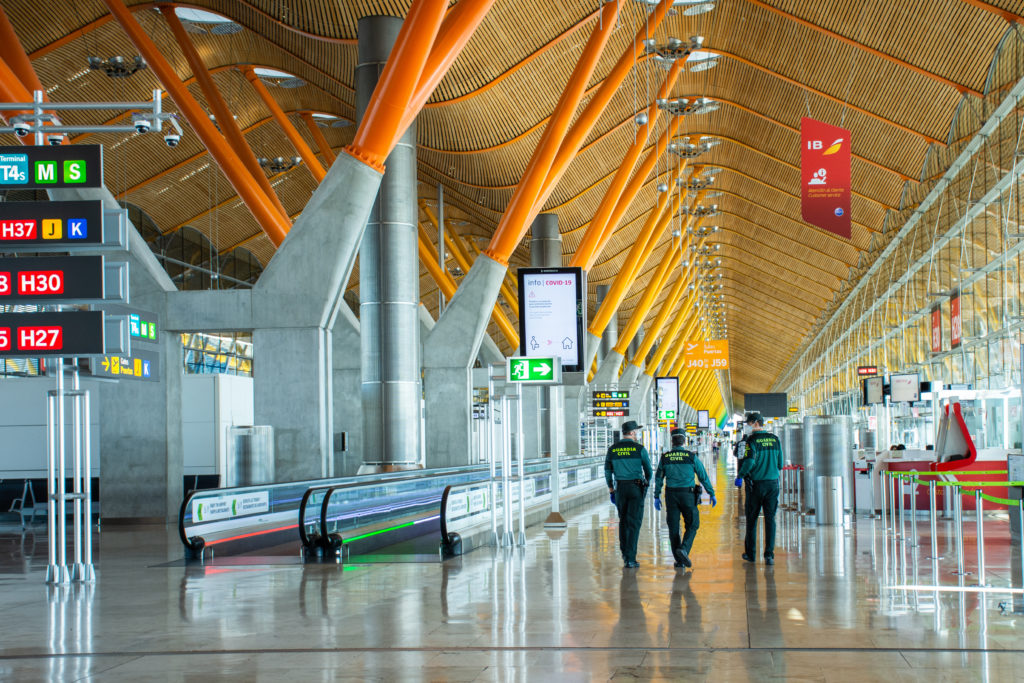
A proposed domestic flight ban within Spain could cost the economy 329 million euros of GDP and the loss of 6,000 full-time jobs, a study conducted by PwC has concluded.
Madrid is currently mulling a similar domestic flight ban that was finally introduced into law by the French government law last month. Under the French legislation, domestic flights are barred if there’s a high-speed TGV train service of two and half hours or less also available between the same destinations.

PwC looked at how those same rules might hit domestic flights within Spain and discovered that there were five possible routes that could be impacted. Those five routes were between Madrid and Alicante, Barcelona, Malaga, Sevilla and Valencia.
High-speed train services already connect these destinations with journey times of under two and a half hours, and the effect on flight demand has been noticeable. Between 2007 and 2019, the number of passengers choosing to fly between these destinations plummeted by more than half, according to the PwC study.
Iberia has responded by slashing the number of flights on these routes by around 64%, but the Spanish flag carrier says it still serves these destinations to maintain connections for passengers travelling onward from Madrid on long-haul flights.
Essentially, Iberia is arguing that the Spanish government waters down its domestic flight ban in the same way the French government did.
In that case, the Élysée Palace included an exemption for routes that involved the possibility of long-haul connections, effectively excluding Paris Charles de Gaulle Airport from the legislation.
In the end, the much-hyped law only banned domestic flights on three routes from Paris Orly to Nantes, Bordeaux, and Lyon.
“Until there is a true intermodality that allows an efficient connection of airports with high speed, it is impossible to replace short-haul flights with train trips,” commented Beatriz Guillén, director of Global Sales at Iberia.
“Without domestic flights, it is not possible to meet the demand of the millions of travellers who need to connect with their medium or long-haul flights,” Guillén continued.
Last year, around four million people flew to Madrid Barajas Airport on flights from Barcelona, Alicante, Malaga, Seville and Valencia, and more than half those passengers connected onto other flights – the majority of which were classed as wither medium or long-haul.
Iberia claims Spain would need to have high-speed train lines serving Madrid-Barajas eight to ten times per hour to serve that number of connecting passengers. “It is a scenario from which Spain is still very far away,” the airline warned on Tuesday.
Mateusz Maszczynski honed his skills as an international flight attendant at the most prominent airline in the Middle East and has been flying ever since... most recently for a well known European airline. Matt is passionate about the aviation industry and has become an expert in passenger experience and human-centric stories. Always keeping an ear close to the ground, Matt's industry insights, analysis and news coverage is frequently relied upon by some of the biggest names in journalism.








Total insanity. The Spanish have been some of the most extreme religious zealots throughout world history, and in 2023 the Climate Change gods must be obeyed!